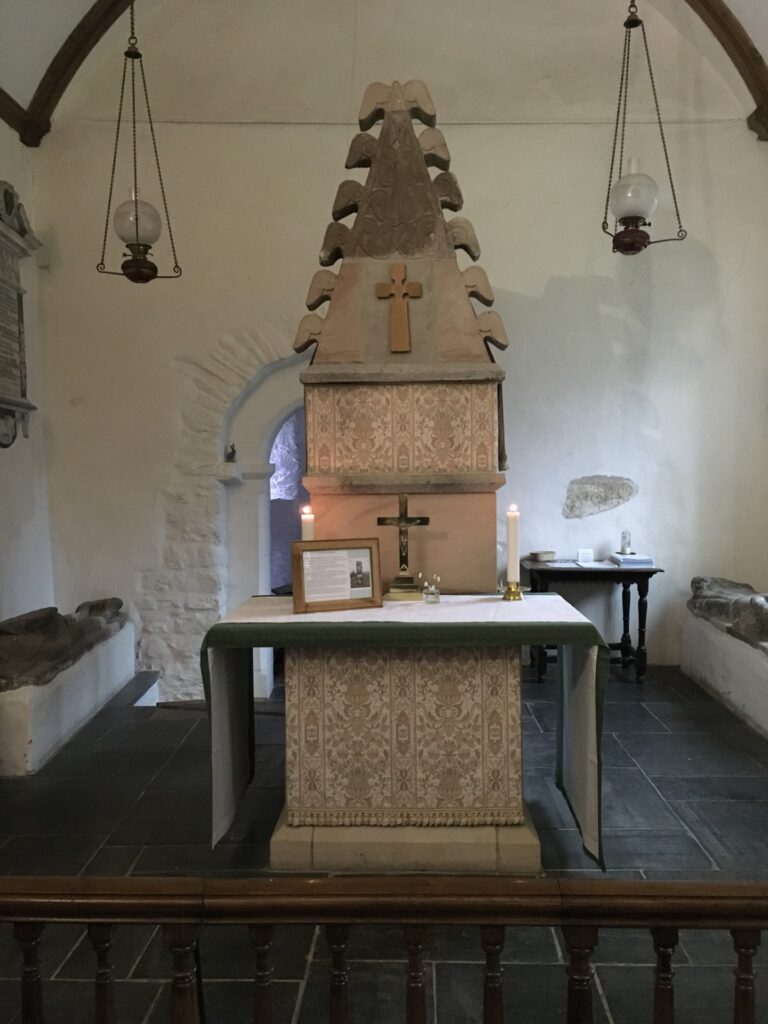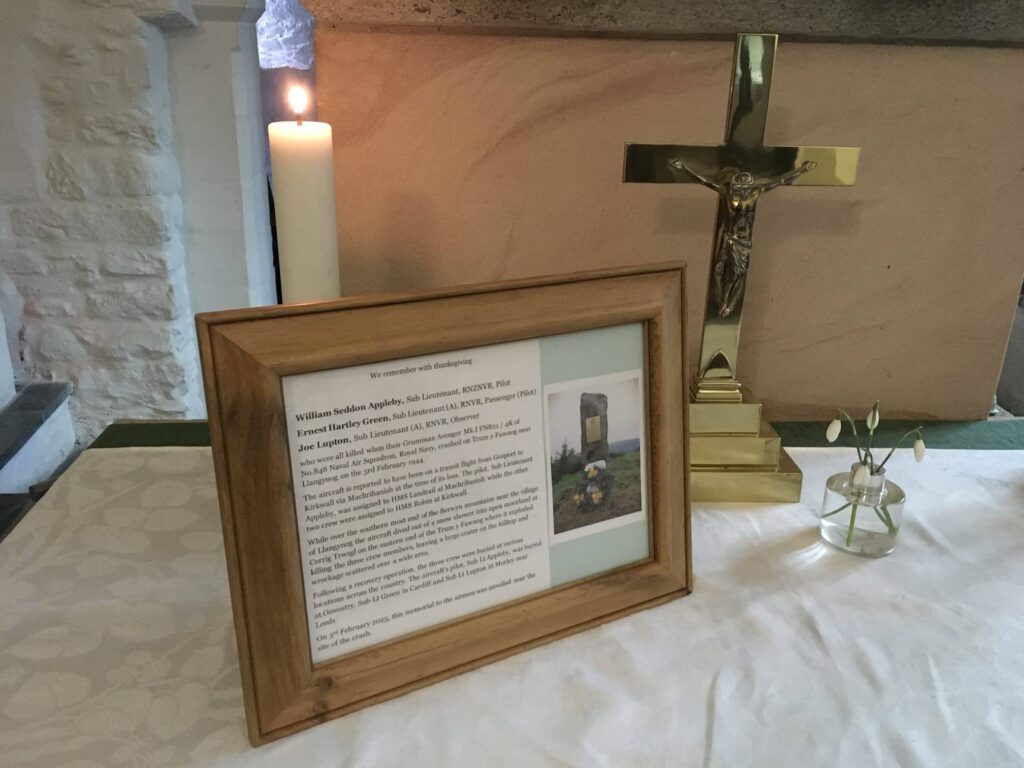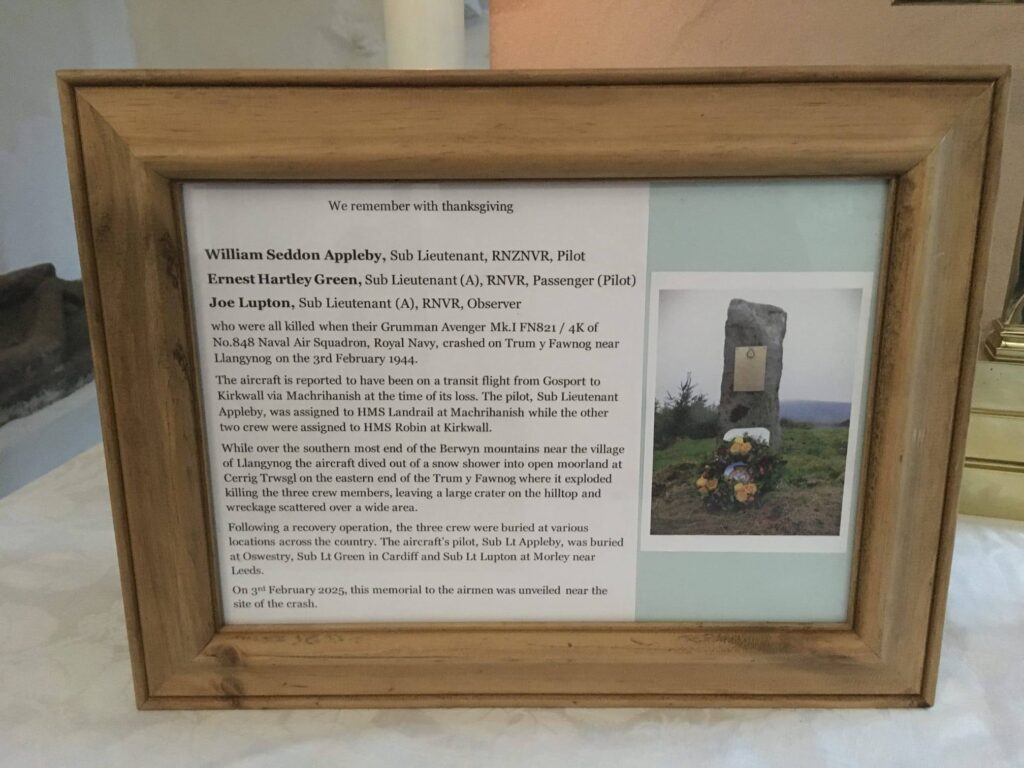As the Guardian is having treatment which temporarily blurs vision, today’s reflection is an excerpt from a sermon by Revd. Mandy Ralph which is published online by Churches Together in Britain and Ireland. Please see https://ctbi.org.uk/ for her entire sermon as well as further reflections, prayers and resources in connection with Racial Justice Sunday 2026.
LOVING OUR NEIGHBOUR – REVD MANDY RALPH
Jesus teaches us that loving God with our whole being and loving our neighbours as ourselves are the two most important principles for Christian living. They are core to following in faith and being in relationship with God.
Surely that seems simple enough. Love. There is no complicated jargon, no pages of guidance, no risk assessment required. Just a command – or, if you prefer, a request – to love our neighbours as we love ourselves. But hold on – is that my next-door neighbour, the neighbours that I get on with, the ones who think like me, worship like me? Or is it the neighbours who look different, talk differently, whose culture is different from mine? Is it the difficult ones, those who have different points of view from me and who are, to be honest, quite irritating? Jesus tells us that is a resounding YES!
As Christians, we are asked to love all our neighbours, irrespective of who they are. Yes, that does mean even the ones who can try our patience! If we stop to think about it, we are first asked to love God with all our heart, mind, body and strength – all in, no exceptions. When it comes to loving our neighbours, it’s the same thing – it is all of them, all in, no exceptions. That is what Jesus asks of us when we are in relationship with God. Loving God and loving our neighbour are intertwined, and so, in faith, we cannot do one without the other.
But do we love all our neighbours? Can we, hand on heart, honestly say we love our neighbours? The protests about immigration that have taken place across the country, shown on TV, shared on social media over the past few months – the rhetoric, the language, the posts, the actions of others: these are a far cry from loving our neighbour.
Protests against immigration, asylum seekers, those with cultural backgrounds different from our own; people of colour, who are not deemed or no longer deemed to be our neighbour. The spread of misinformation, fear mongering, persecution and hate. That does not equate to loving our neighbour.
If we have given our all to God, profess our faith to be Christian and undertake to walk in the ways of Jesus, then that means loving all our neighbours, not being hateful and abusive towards them. I am a Black, female, now disabled minister who, when told to ‘Go back home,’ responds, ‘Well, that would be Glasgow,’ as I was born and brought up in Scotland. I am Scottish. Probably not the expected response, but I should not have to prove I am your neighbour. No one should have to do that. We are all made in the image of God and are all part of the family of God.
Our faith asks us to be loving to God and to each other. We are not asked to be perfect, for none of us is, but to be willing to follow in faith.




